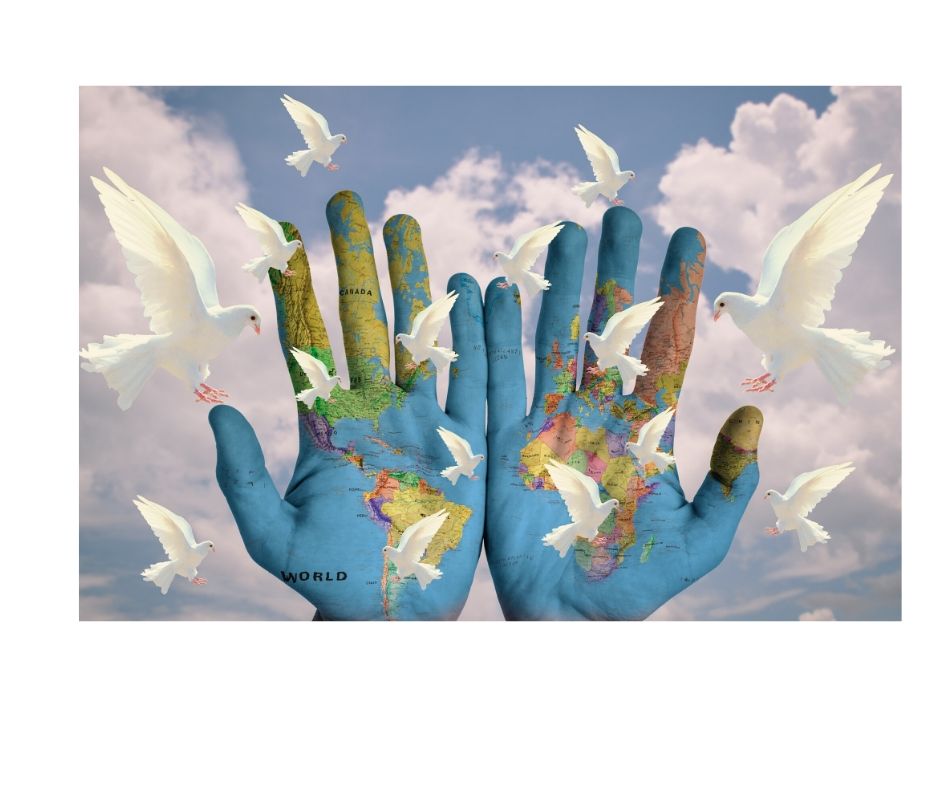Right now, if you are blessed enough to still be working or are now heading back to work you have likely been prototyping your way through new situations by design, accident, luck, or all three (plus divine intervention). This new, unpredictable time requires leaders and teams to develop a greater level of adaptive confidence to navigate through disruption.
Adaptive confidence is a blend of confidence and flexibility that allows people to be open to change and to realize that learning often comes from improvisation. These leaders have enough security to walk through uncertainty and then learn from failure as well as success. Instead of being frozen by fear and doubt, they can move forward while being simultaneously stable and changing (Quinn 2004, p. 151).
Even before the pandemic we knew that change was happening more rapidly than ever before, and disruptions were common. Agility, adaptability and innovation were the hallmarks of thriving businesses and organizations.
Slow Death or Transformation
However, sometimes leaders can get stuck in a self-perpetuating system that isn’t working and staying in that state creates a loss of energy and a slow death. Being in a transformational state of leadership pushes us out of our comfort-seeking state and ironically when we leave the comfort zone we can step out of stagnation and into vitality.
Often people hold a title of “leader” because they are in an authority or power position. However, they are not leading with the greatest potential when they are stuck in a normal state of safety, preserving the hierarchy, mainntaining the status quo, and controlling others rather than allowing for the messiness of creativity, innovation and “failing forward”.
The rewards of letting go and adapting are bigger than just business. As Robert Quinn says “when we commit to leaving our zone of comfort and seeking deep change, we experience a renewal that is not limited to one segment of our lives. Entering the fundamental state of leadership at work often revitalizes relationships at home, and entering the fundamental state of leadership at home often revitalizes relationships at work” (Quinn 2004, p. 40).
I truly hope bosses and leaders are more open than ever for allowing for trial and error, creativity and mistakes. We have no such thing as normal; we just need to honour the fear and utilize it. One pathway to do so, is to tap into our Spiritual Intelligence. Cindy Wigglesworth describes Spiritual Intelligence as the ability to behave with wisdom and compassion, while maintaining inner and outer peace, regardless of the situation (Wigglesworth 2012). Just a few of the 21 skills associated with Spiritual Intelligence is the belief in a higher power, the sense that we are all interconnected, and that we have a higher purpose.
Curiousity, Courage, Creativity
On a similar theme, Brene Brown writes about “grounded confidence” and the assets of curiosity and vulnerability. “Curiosity is an act of vulnerability and courage. Researchers are finding evidence that curiosity is correlated with creativity, intelligence, improved learning and memory, and problem solving” (Brown 2018; p. 171).
When we foster adaptive confidence as leaders, we can face chaos by trusting in a bigger plan and that we have a purpose in it. We can then call our team members forward to a common vision and support everyone towards a bigger goal. This world needs that kind of leadership. The old saying goes: What got us here, won’t get us there!
Are you curious about leading teams that are wildly open to change and trusting into the unknown? Have you built teams with high levels of mutual trust? Are you inviting positive risk-taking so anything is possible? I applaud you in your courage to lead through chaos using your adaptive confidence with wisdom and compassion. I’d love to hear your stories – your successes or when you have failed forward!
Let’s talk about how I can support you and your teams.
References
Brown, Brené. 2018. Dare to Lead: Brave Work, Tough Conversations, Whole Hearts. New York: Random House.
Quinn, Robert E. 2004. Building the Bridge as You Walk on It: A Guide for Leading Change. 1st ed. San Francisco: Jossey-Bass.
Wigglesworth, Cindy. 2012. SQ21: The Twenty-One Skills of Spiritual Intelligence. Cork: BookBaby.

